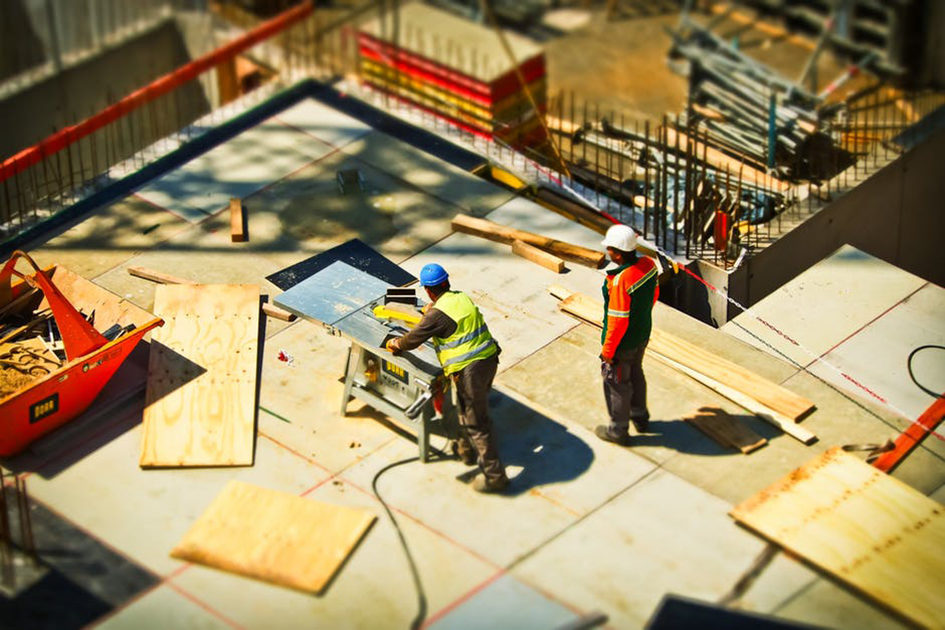The 2019 forecast for the UK construction industry showed that growth is expected to rise by only 0.6% this year. That number is due to falling order levels, the uncertainty surrounding the Brexit deal, and is a substantial downgrade from the previous estimate of 2.3%. In contrast, the refurbishment industry, as reported by AMA Research, has increased by more than 30% since 2013. The report also noted that there is a much greater emphasis upon technology-based learning. One of the biggest technological developments that will affect both industries going forward is blockchain.
The emergence of blockchain has made several industries including real estate and construction hopeful of an improved payment service. More than a million homes are bought and sold in the UK every year, and if blockchain can transform real estate transactions that number could increase. This will have a positive knock-on effect for the construction and refurbishment industries. One way it will do this is by improving payment methods. Blockchain will cut down on the paperwork and enhance financial security. It creates a digital, decentralised public ledger of all cryptocurrency transactions, which means there would no longer be a need for middlemen. This can be done through smart contracts, which, simply put, is a computer code that monitors, executes, and enforces agreements between buyers and sellers. It removes intermediaries that do the validations, cutting transaction times and costs down by significant amounts.
But what does it mean for the construction and refurbishing industry? Since blockchain offers various forms of smart contracts, this will allow parties to record and monitor transactions more securely. It also allows corporations in the industry to build consumer trust, which is crucial since the process of receiving contracts in construction and refurbishment is often built on good faith and word of mouth.
Apart from providing more secured transactions, blockchain can also help prevent money loss in the form of product damages. London consultancy, Design Computation, Ltd. director Abel Maciel told AEC Magazine that there is too much improvisation in construction nowadays. “Things arrive on the job site wrong, broken, or not as ordered,” he said. Maciel gave cast pipes and folded ducts as examples: “They have very different performance purposes, are used for different things, but they look identical and sometimes come from the same factory and can be mislabelled.” This can cost companies a lot of money. Using codes that can be tracked through blockchain will reduce the chance of human error and costly mistakes.
Insurance is another overlooked detail in the industry, as we on Refurb Projects found out. Mark Herbert of Construction Insure told us that an estimated 50% of all UK contractors do not have adequate insurance in place. But contractors aren’t always to blame for this. There are inexperienced brokers handling liability policies without asking the right questions, therefore failing to extract the correct risk information. With a reliable blockchain system in place, this can be prevented. A post by FXCM on blockchain explains how it will improve underwriting as it will enhance risk assessments, cut costs, and improve client onboarding. Blockchain, coupled with the Internet of Things can help a company create a more informed assessment about the conditions. Insurance Business Mag believes that blockchain’s most important contribution is real-time transactions with much more certainty and at much lower costs.








